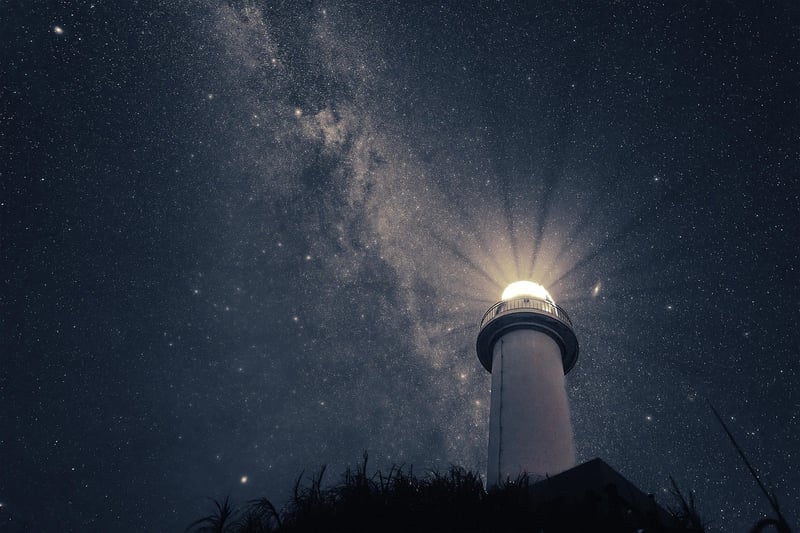Wormhole Navigation
Exploring Beyond Our Solar System with Wormhole Navigation

As humanity's thirst for exploration reaches new heights, the idea of venturing beyond our solar system has captured the imagination of scientists, researchers, and space enthusiasts alike. One fascinating concept that has emerged in science fiction and theoretical physics is wormhole navigation.
What are Wormholes?
Wormholes, also known as Einstein-Rosen bridges, are theoretical passages through spacetime that could create shortcuts for long journeys across the universe. In theory, these tunnels could connect two distant points in space, allowing for faster-than-light travel.
The Potential of Wormhole Navigation
Wormhole navigation offers the tantalizing possibility of exploring distant galaxies, exoplanets, and even parallel universes. By utilizing these cosmic tunnels, spacecraft could traverse vast cosmic distances in a fraction of the time it would take using conventional propulsion systems.
Challenges and Considerations
While the concept of wormholes is exciting, significant challenges remain. The stability and existence of wormholes are still purely theoretical, and the energy requirements to keep a wormhole open would be immense. Additionally, the potential dangers of entering a wormhole, such as gravitational forces and radiation, need to be carefully considered.
The Future of Interstellar Travel
Despite the hurdles, researchers continue to explore the possibilities of wormhole navigation as a potential avenue for interstellar travel. Advancements in theoretical physics and technological innovations may one day unlock the mysteries of wormholes and pave the way for humanity to journey beyond our solar system.
Excited about the prospect of exploring the cosmos through wormhole navigation? Stay tuned for the latest developments in space exploration and theoretical physics!

Image sources: Milky Way Galaxy, Space Exploration
